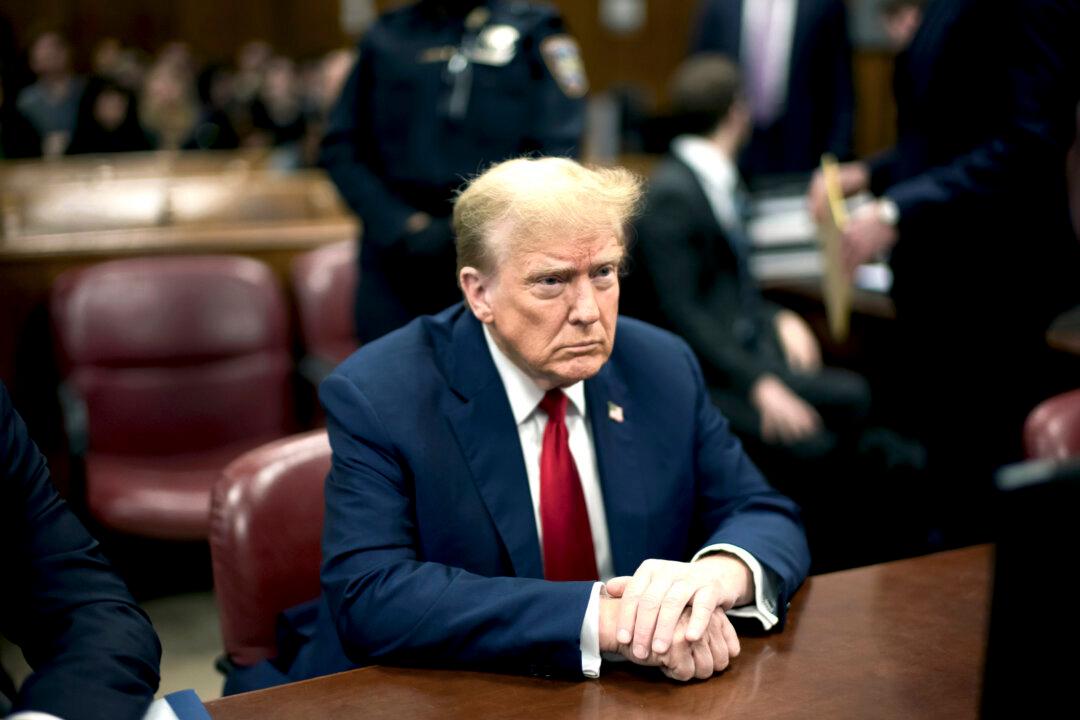An official with the Michigan attorney general’s office revealed in court this week that former President Donald Trump has been named as an unindicted co-conspirator in the state’s investigation into 2020 election interference.
Howard Shock, a special agent at Michigan Attorney General Dana Nessel’s office, said during a pretrial hearing in Lansing, Michigan, that investigators believe that a number of people (who have not been indicted) had taken part in an alleged conspiracy to cast fake electoral votes in 2020, including President Trump, according to The Detroit News.





